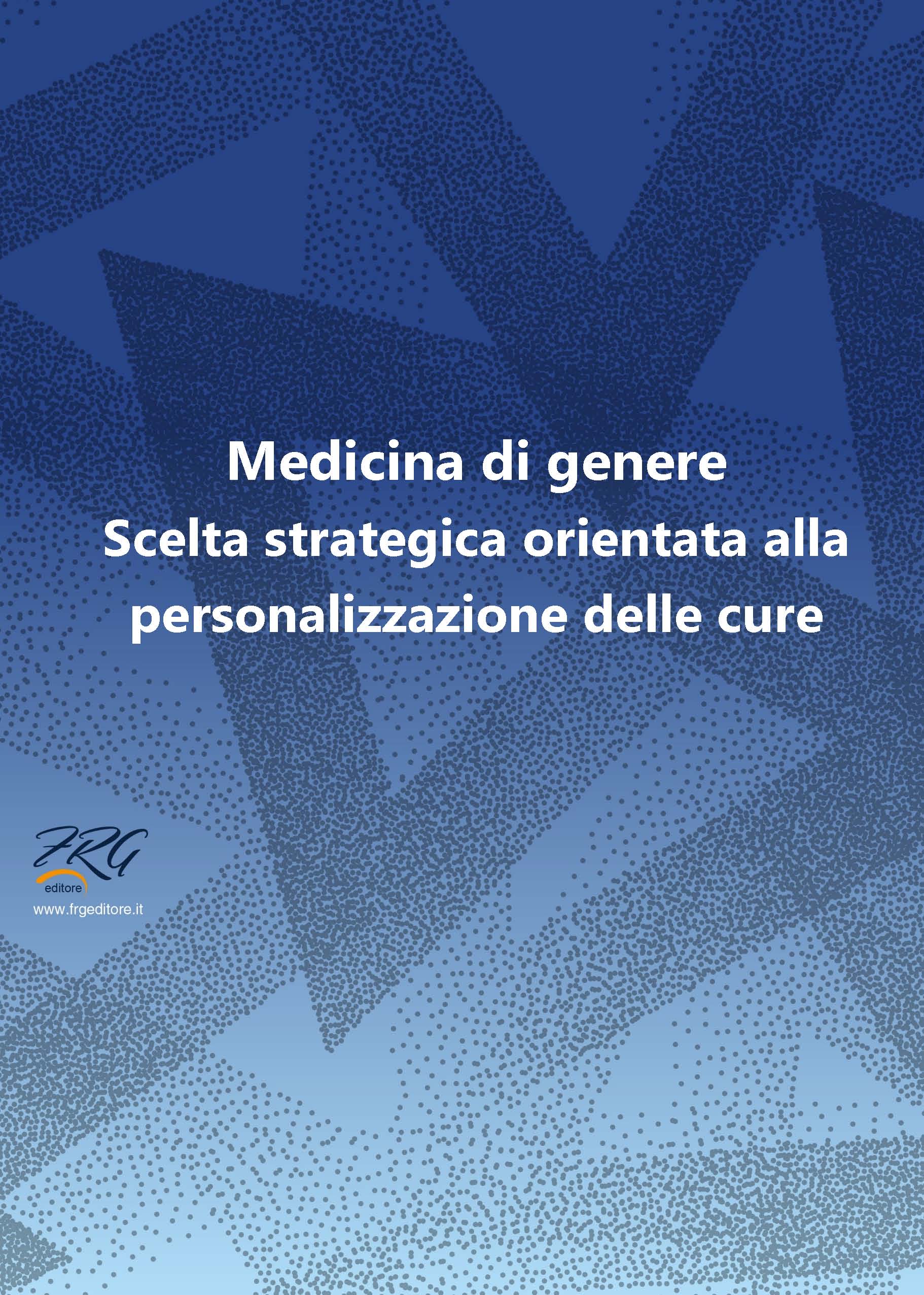Organizzazione Sanitaria - n.2 - Apr-Giu - 2012
1. La non autosufficienza, una sfida per il welfare del terzo millennio - The long-term care, a challenge for the welfare of the third millennium
Isabella Mastrobuono, Grazia LabateParole Chiave: long-term care, non autosufficienza, fondi integrativi - long term care, mutuality
I Paesi europei sono tutti tesi a garantire una sanità di alta qualità, accessibile e sostenibile con particolare riguardo alla cosiddetta long-term care per la quale si prevedono interventi volti a soddisfare i bisogni senza generare povertà, sviluppando la medicina preventiva e richiamando alle proprie responsabilità non solo le Istituzioni, ma anche i professionisti ed i cittadini. La qualità delle prestazioni in sanità è legata al finanziamento di cui dispone, all’interno del quale appare fondamentale la promozione di un uso razionale delle risorse disponibili, una buona governance del sistema e l’integrazione tra pubblico e privato: in particolare il finanziamento privato delle prestazioni e dei servizi attraverso la mutualità, che in Italia è cresciuta enormemente negli ultimi anni e sta ancora crescendo, con oltre 5 milioni di iscritti e 10 milioni di aventi diritto e con un portafoglio di circa 4,5 miliardi di euro. Una opportunità per promuovere la solidarietà tra le generazioni.
Member States are committed to accessible, high-quality and sustainable health care and long-term care by ensuring: (a) access for all to adequate health and long-term care and that the need for care does not lead to poverty and financial dependency, (b) quality in health and long-term care and by adapting care, including developing preventive care, to the changing needs and preferences of society and individuals, notably by developing quality standards reflecting best international practice and by trengthening the responsibility of health professionals and of patients and care recipients; (c) that adequate and high quality health and long-term care remains affordable and financially sustainable by promoting a rational use of resources, notably through appropriate incentives for users and providers, good governance and coordination between care systems and public and private institutions. Long-term sustainability and quality require the promotion of healthy and active lifestyles and good human resources for the care sector, and the integration between public and private financial resources. Privatization of the financing of health and social care is seen as a means of decreasing public expenditure by shifting costs from the public purse to the individual consumer. Measures such as introducing or increasing private (voluntary) insurance, out-of-pocket payments and cost-sharing, and reducing the package of publicy-provided services are intended to moderate demand and provide resources for health care that governments do not have to rise through taxation or insurance. In Italy mutual private funds are increasing, about 5 millions adherents and 10 millions beneficiaries and receive about 4,5 miliards euro. The possibility to improve this sector is crucial to promote solidariety among generations.
Non sei autorizzato al download di questo articolo in formato PDF!


 a cura di Francesco Colavita
a cura di Francesco Colavita